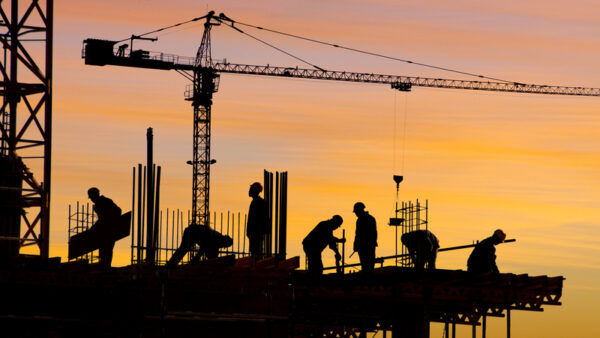6 August 2013
By Aarni Heiskanen in Helsinki

If you’re a Finn and you’ve built a house or had some home repairs done, you probably found several contractors willing to do the job.
You may also have found that one of them was suspiciously cheap, or seemed keen to avoid taxes, or took an “eccentric” (read: illegal) approach to paying its staff.
Finland has a squeaky clean reputation. Last year it shared top spot with Denmark in Transparency International’s Corruption Perception Index, meaning it is seen as one of the least corrupt places in the world.
But the construction industry here does have a persistent, if small, dark side. And it’s something the industry and government are determined to make a thing of the past.
I wanted to know more about this so I met with Tuula RÃ¥man, managing director of the Construction Quality Association – its Finish acronym is RALA – a voluntary standards organisation with all leading Finnish construction associations represented as members.
When I asked Tuula about the cost of the black economy, she said it was really hard to determine the exact effect, but a rough estimate for unpaid taxes and other wasted public money is EUR 500 million per year.
Secondary costs to business and society, due to poor construction quality, for example, can be large as well.
“The situation in Finland is not hopeless as in many other European countries,” she says. “All the key players in the industry have together committed to fighting the shadow economy. It started out as an effort between RALA members, but later on, the tax administration joined in.”
Finland deserves its reputation for cleanliness. For instance, since 2007 Finnish law has obliged construction clients who commission services worth more than EUR 7,500 to check that a contractor has discharged its statutory obligations.
If the client fails to do so, they can be fined for up to EUR 50,000!
A notable change occurred on Finnish construction sites this spring, when the more than half a million people working on them began wearing a tag with a photo, name, and a tax ID.
An even more substantial change is due next year when a new law will require every general contractor to report monthly to the Tax Administration about the work they are doing and all the people involved, including subcontractors.
According to Tuula, this new heightened level of monitoring will tie in with the implementation of electronic access control at every larger construction site.
Almost nowhere to hide
RALA does its best to give the black economy nowhere to hide.
It offers certificates of competence, and a project feedback mechanism. Its subsidiary, called Trusted Partner, keeps a register of companies detailing how they have fulfilled their legal obligations.
It is voluntary for companies to join. Many have proclaimed the benefits of the system, but it is still relatively unknown to clients who only occasionally contract out work.
Will Finland ever be entirely free of shady construction business practices? Tuula doesn’t think so.
“Due to long supply chains,” she said, “there’s still a possibility of fraud, even when large general contractors are in charge.”
And she fears that once the loopholes in large-scale construction are closed, tax evaders will focus on small projects with inexperienced clients.
Still, RALA has created great systems for making the industry more transparent here in Finland. Perhaps it should consider licensing its models to other EU countries that want to follow suit.
Aarni Heiskanen is the managing partner of AE Partners. Visit http://aepartners.fi/
Â






